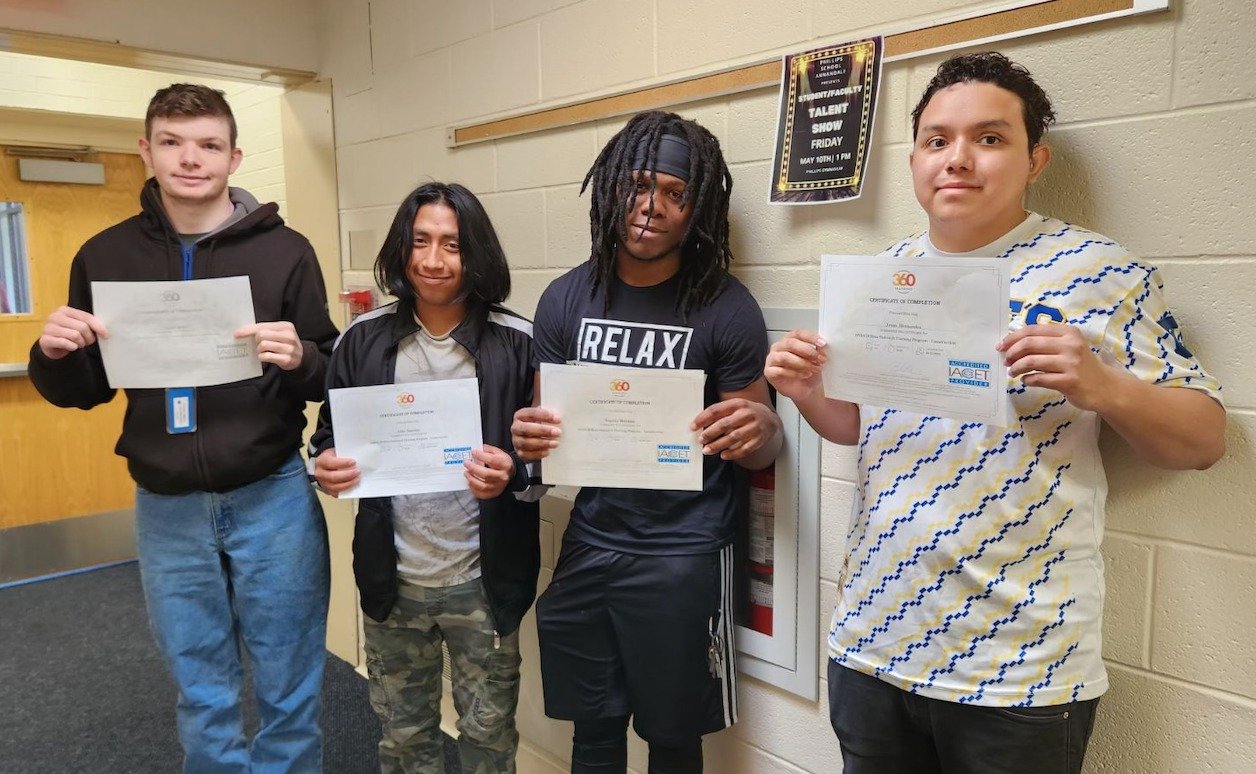
Career Partners
Chart a new career path.
From education to the workforce takes the right support.
Identify youth by their aspirations by not focusing on only challenges within the CTE program and services.
Understand youths’ context – understand that youths’ aspirations may not be understood or defined which means that their “real possibilities” are not present; given this context, short- and long-term support should be in place to sustain future youth-defined aspirations.
Understand that crisis situations may exist for youth.
Understand that opportunities for learning should be present.
Youth must be seen - acknowledged; they are not invisible.
Youth matter including their voice and choice.
Acknowledge and encourage what “success” means to youth including their own hopes and dreams mean to youth.
Recognize that youth have their own set of skills and assets (compared to having none)
Recognize that youth have their own social values and aspirations such as wanting to help others or care for other youth, their social values matter.
Motivate youth and provide greater opportunity and exposure for learning and successes.
Understand that each day matters including the micro and macro encounters and interactions; this is especially important when working towards building and sustaining trust.
Be patient with youth and their progress – positive outcomes and progress take time and patience.
-

Industry Driven Curriculum
Engaging Instructional Strategies: active, authentic learning experiences paired with positive support, and personalized for individual learning styles
Competency-Based Curriculum: teaching foundational skills for entry into a career pathway leading to employment with fair wages
Workplace Soft Skills: acquisition of essential soft skills, critical thinking, and problem-solving skills needed in any career
Industry Certification available
-

Employer Partnerships
Community-based internships
Ongoing mentoring and job placement
Real-world application through client-based experiential learning
-

Career Assessment
Ongoing transition/career assessment
Career decision-making and planning
-

Highly Qualified Staff
Industry expertise
Utilizes a strength-based approach
Promotes youth self-advocacy and self-determination
Values youth voice
Building Futures
PHILLIPS Building Futures provides intensive hands-on career training for youth. The program provides academic programming, positive behavioral supports, industry certification, and related services while students learn the building trades during school.
Growing Futures
PHILLIPS Growing Futures is a hands-on experiential program encompassing culinary arts training in a state-of-the-art commercial kitchen and training in an indoor hydroponic vertical farm growing and harvesting fresh ingredients like herbs, vegetables, and microgreens all year round.
Designing Futures
PHILLIPS Designing Futures is an innovative career and technical education program that provides opportunities for youth to build confidence and competence through a 3D design, print, and Information Technology curriculum.



